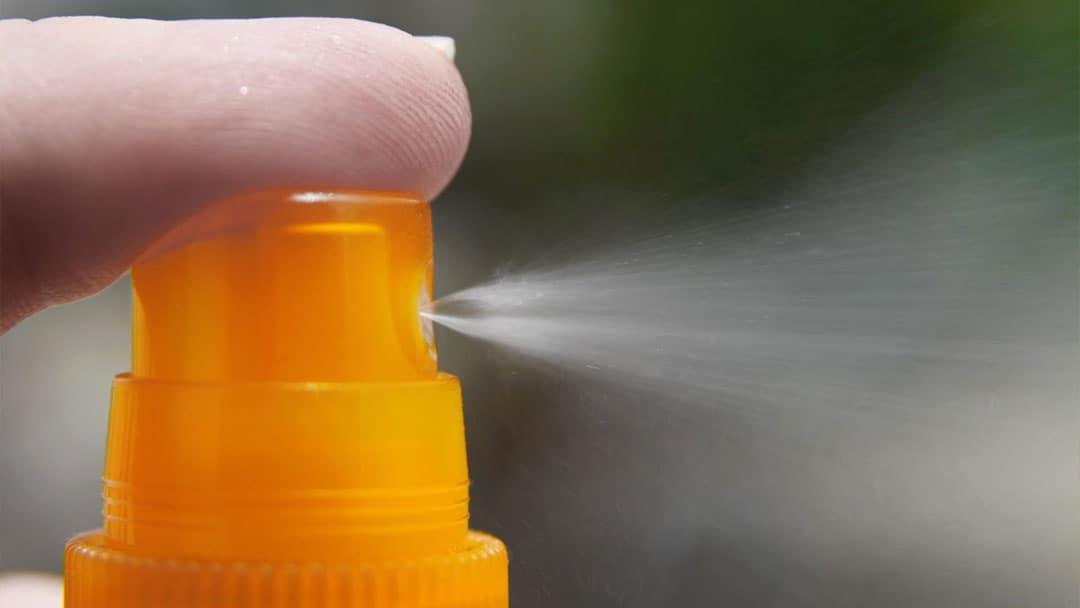Cosmetics are a blend of science and beauty. These products are designed to make us feel good, but can sometimes backfire with the wrong ingredients. Enter octinoxate.
Do you like to wear foundation when you’re outside? How about lotion to keep your skin smooth? Even if you’re not a big skincare guru, there’s a pretty big chance you’ve encountered this ingredient. While superficially harmless, repeated exposure could yield some troubling side effects.
Keep reading to learn about octinoxate in cosmetics and why you should be very careful where your dollar is going.
The Most Common Cosmetics Used Today
What are the chances you’ve used octinoxate? Even casual cosmetic use could see you encountering this ingredient more than you should.
Facial cleansers are the most commonly used cosmetic today, though sunscreens, shampoo, and lotion follow closely. As awareness of skin care risks grows among multiple demographics, cosmetic purchases will continue to see exponential growth.
Related: The Surprising Skin Care Benefits of Garlic
Everyday Risks to Your Skin
How often do you think about the risks to your skin? Being the largest organ on your body, your skin is susceptible to all sorts of damage over time.
Before we get into octinoxate, let’s look at daily risks to your skin. Ironically enough, octinoxate is often in products designed to mitigate these problems.
Harmful UV Rays
Skin cancer is a significant risk to most people these days. This condition accumulates over time and is devastating after several decades.
UV rays come in the form of UVA and UVB, both of which are a double-edged sword to your skin. While they provide you with necessary vitamin D, too much exposure in your day-to-day life is harmful.
Lack of Hydration
Do you drink six to eight glasses of water per day? Your skin needs constant hydration to remain bright, springy, and soft.
Lotions, creams, and oils are fantastic supplements to give your skin the nourishment it needs. Certain peels also moisturize your skin and restore collagen.
Irritation and Dryness
Your skin is constantly telling you what it needs. Dry, reddened, irritated skin signifies an incompatible climate or underlying health issue.
Are you struggling to see progress with generic skin care products? We provide easy-to-use home peels, moisturizers, and facials to give you more robust results.
Everyday Products With Octinoxate
If you’re not in the habit of reading your product labels, now’s a great time to get started. Octinoxate is a popular ingredient that has a way of showing up everywhere.
Octinoxate is a chemical that’s created by blending alcohol with organic acids. While this combo was considered a powerful UVB deterrent back in the 50s, scientists have found some troubling side effects.
Expect to see this ingredient in:
- Sunscreens
- Nail polish
- Lip balm
- Shampoo
- Lotion
- Foundation
- Lipstick
Related: Best Skincare Routine for Oily Skin
What is Octinoxate Used For?
Octinoxate was considered a prime agent for reducing sunburns and the risk of skin cancer. Nowadays, several safer alternatives exist, such as titanium dioxide and zinc oxide.
Is Octinoxate Safe to Use?
Sadly, recent research has found octinoxate to be far less safe than previously believed. Today the FDA restricts the percentage of this ingredient to less than 8%, though even that might be too high.
A few studies on the side effects of octinoxate have been conducted on humans with less-than-stellar results. Let’s take a look.
Possible Breast Cancer Connection
Breast cancer affects an estimated one out of eight women today. Ongoing research suggests octinoxate could increase this possibility further, though it’s inconclusive.
Increase in Acne
Adult acne is a troubling phenomenon that’s hard to tackle alone. Octinoxate is known to cause acne and even contact dermatitis in some people.
Reproductive Concerns
It’s common knowledge you shouldn’t drink or smoke while pregnant. As it stands, octinoxate also has some concerning side effects on your reproductive health.
Octinoxate can cause underdevelopment of the fetus or impact thyroid function.
Environmental Harm
It’s easy to think that the trash we throw away disappears for good. The fact of the matter is that chemicals in our product can leak into the environment and harm animals, the soil, and plant life.
Octinoxate is connected to damaging coral reefs around the world. These locations are rich ecosystems that house thousands of animal species.
General Rashes
As touched on above, octinoxate is known to increase acne and contact dermatitis. You can also experience rashes that further irritate your skin.
Octinoxate Final Thoughts
Octinoxate in cosmetics is not a fear tactic. This chemical was once a UV-fighting machine but is now known to be a health risk you should avoid.
Many everyday cosmetics use octinoxate, such as shampoo, lip balm, and lotion. If you want to avoid this chemical, it’s highly recommended you read your product labels carefully. Seek out organic products that aim to reduce harm to your physical health and the environment.
While a bit of exposure to octinoxate shouldn’t be a problem, the cumulative effect over time is a risk best avoided.
Give your skin the deep, refreshing care it needs to look its best. Contact us today to finally start achieving your skincare regimen goals.

